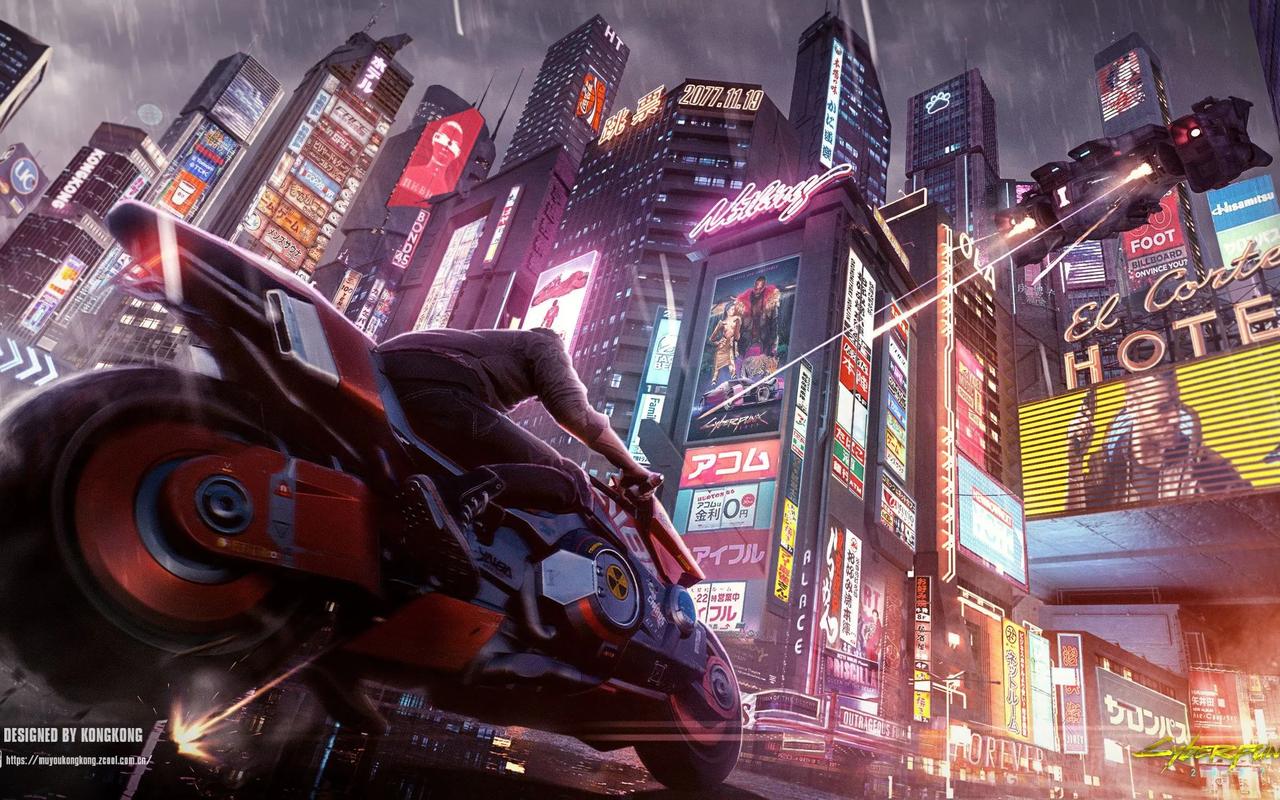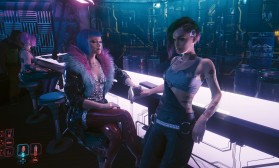Cyberpunk: Edgerunners, the 2022 anime series from Studio Trigger and CD Projekt Red, wasn't just a visual and narrative triumph; it was an auditory one. Its soundtrack, a pulsating, synth-drenched masterpiece primarily composed by Akira Yamaoka of Silent Hill fame, became an instant hallmark of its identity. However, the reception and discourse surrounding this tie-in score present a fascinating dichotomy when compared to the reception of the music from its source material, the video game Cyberpunk 2077. While both scores are celebrated, the context of their delivery, their narrative integration, and the very different trajectories of their associated projects have shaped distinct critical and fan receptions.
The Cyberpunk 2077 base game score, composed by Marcin Przybyłowicz, P.T. Adamczyk, and Paul Leonard-Morgan, was met with widespread critical acclaim from the moment of the game's tumultuous launch in 2020. Even amidst the firestorm of criticism over technical performance, the music was a universally praised element. Critics and players alike lauded its ambitious scope, seamlessly blending genres to create a soundscape that felt authentically "Night City." The score’s brilliance lies in its diversity and environmental reactivity. The sprawling, ambient soundscapes of the Badlands, the tense, percussive combat music, and the iconic, radio-ready tracks like "Pon Pon Shit" by fictional in-universe band Us Cracks or the rebellious punk anthem "SAMURAI" (featuring Refused) created a living, breathing audio world. The music wasn't just a backdrop; it was an interactive layer of the gameplay experience. Tracks were tied to locations, factions, and moments, giving the audio a functional, immersive quality that is paramount to video games. The reception was that of deep respect for a technically accomplished and thematically rich work that successfully built out the auditory lore of the Cyberpunk universe.
In stark contrast, the reception for the Edgerunners tie-in score was less about technical immersion and more about raw, emotional immediacy. Akira Yamaoka, alongside contributing artists like Franz Ferdinand and Rosa Walton, crafted a score that served the anime's specific, breakneck narrative. The music in Edgerunners is not interactive; it is meticulously curated and linear, designed to heighten specific emotional beats. This is where its power, and its unique reception, lies. Tracks like "This Fffire" by Franz Ferdinand became synonymous with David Martinez's defiant rise, while Rosa Walton's haunting "I Really Want to Stay at Your House" transcended the show to become a cultural touchstone, a devastating anthem of lost love that emotionally eviscerated viewers. The score's reception was intensely, overwhelmingly emotional. It wasn't just liked; it was felt. It was streamed millions of times, with fans associating specific songs directly with the show's most heartbreaking and exhilarating moments. The score became a primary vector for the show's post-release impact, a vessel for the collective grief and euphoria experienced by its audience.
This divergence in reception can be attributed to the fundamental differences in medium. The game's score is a toolkit—a vast collection of loops, stings, and ambient pieces that must work in countless player-driven scenarios. Its genius is in its flexibility and its ability to remain compelling over dozens or even hundreds of hours without becoming repetitive. Its reception is measured by its success as a system. The anime's score, however, is a precision instrument. Every track is placed with surgical intent to service a fixed, linear story. Yamaoka’s music amplifies the tragedy of David and Lucy's relationship, the frenetic energy of the cyberware-enhanced action, and the crushing weight of Night City's inevitability. Its reception is measured by its success as a narrative weapon.
Furthermore, the surrounding context of the projects profoundly influenced how the music was received. The Cyberpunk 2077 score, however brilliant, was initially overshadowed by the game's controversial launch. It was a bright spot in a deeply flawed product, appreciated by those who pushed through the bugs. The Edgerunners score, however, arrived as part of a flawless execution. The anime was a surprise critical and commercial hit, credited by many for rehabilitating the brand image of Cyberpunk 2077 and driving a massive resurgence of players to the (now patched) game. The music was carried aloft by this wave of goodwill, becoming a key component of the show's perfect storm of success. It was free from any negative associations, allowing it to be received purely on its own explosive emotional terms.

Ultimately, both scores are exceptional achievements that masterfully serve their respective mediums. The Cyberpunk 2077 game score is the expansive, world-building foundation—the sound of Night City itself. Its reception is one of academic admiration for its depth and scope. The Edgerunners tie-in score is the focused, character-driven story told within that city. Its reception is one of visceral, emotional connection. One is the environment; the other is the heartbeat within it. Together, they form a complete auditory portrait of the Cyberpunk universe, each celebrated for different reasons but both essential to understanding the profound and lasting impact of this resurrected franchise. The game's music made the world believable; the anime's music made its people unforgettable.














